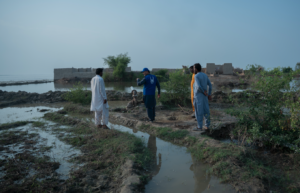
Pakistan Floods Emergency: Islamic Relief Responds to Devastating Monsoon Rains
Islamic Relief has mobilised within 36 hours, reaching remote mountainous areas in Pakistan where access is severely limited
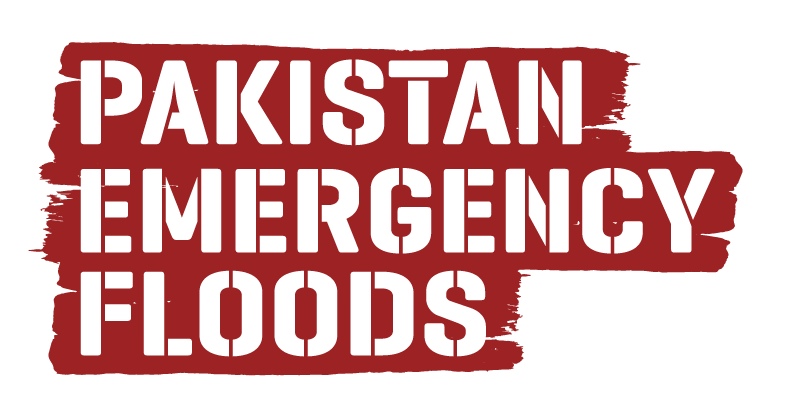
The monsoon season has brought another catastrophic flood to the people Pakistan. 100s of people have died, with more injured, and numbers expected to rise as the disaster continues.
Help provide food, shelter, clean water, and medical care to families who have lost everything.
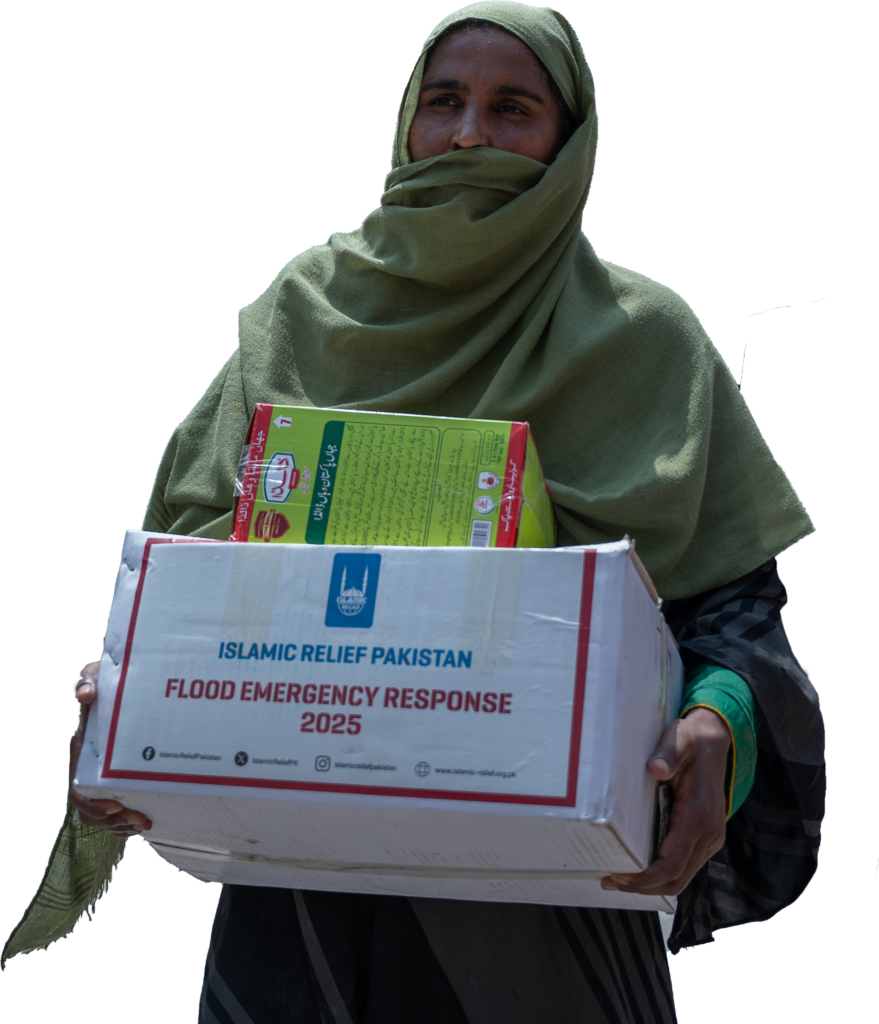
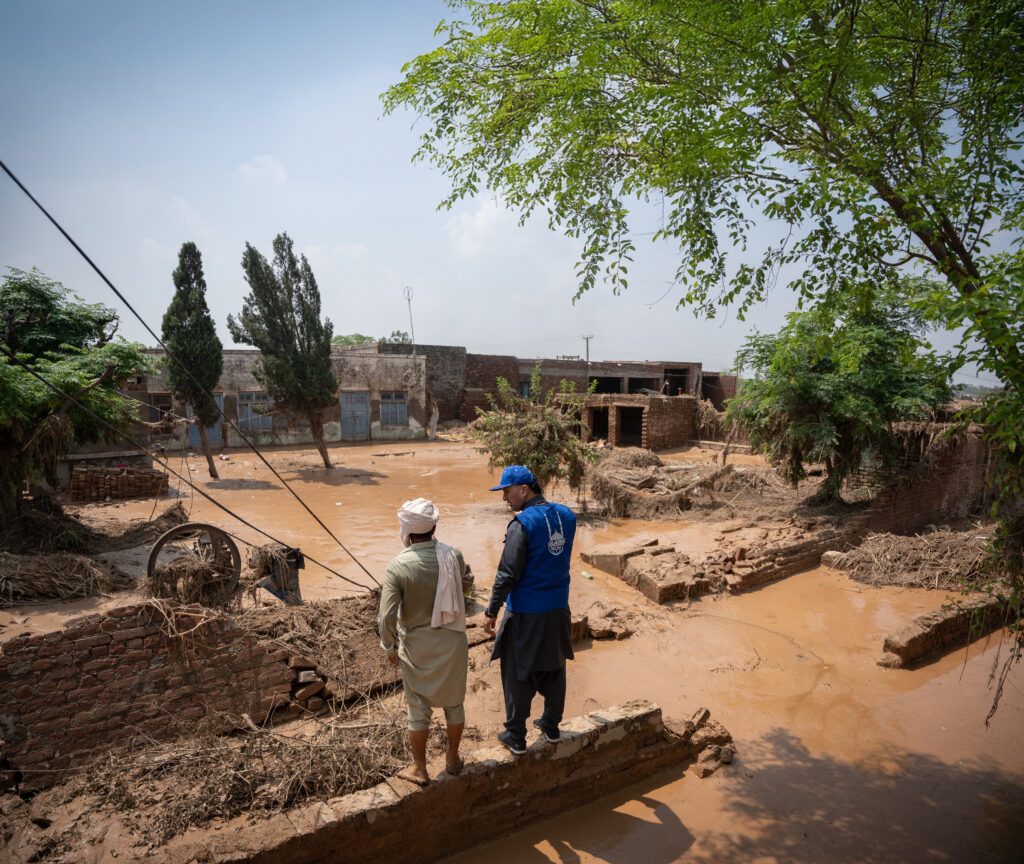
Pakistan is once again reeling from a climate-fuelled disaster. Severe monsoon rains have unleashed widespread destruction across its northern districts of Khyber Pakhtunkhwa.
It includes Buner, Shangla, Swat, Dir, Bajaur, Battagram, and Mansehra. Entire valleys have been inundated by flash floods, cloudbursts, landslides, and mudslides, leaving behind a trail of devastation.
The human toll is staggering:
District Buner has been hit hardest, reporting over 180 deaths and dozens of injuries.
Infrastructure has been severely damaged, with roads impassable, bridges swept away, and communication networks down in many affected areas.
Rescue helicopters have also struggled due to dangerous weather, further complicating relief operations by Islamic Relief Pakistan.
The floods have not only claimed lives but also stripped families of their homes, livelihoods, and sense of security.
In rural districts, where agriculture and livestock are the primary sources of income, the destruction of farmland and animals has left families without any means to recover.
Children, women, and the elderly remain the most vulnerable. With health services overwhelmed and clean water in short supply, there is an increased risk of disease outbreaks.
Displaced families are sheltering in overcrowded temporary camps or makeshift shelters, with little access to basic necessities.
Experts have once again highlighted how climate change is intensifying Pakistan’s vulnerability.
The country, despite contributing very little to global carbon emissions, remains among the most climate-affected nations.
Repeated cycles of flooding, drought, and heatwaves continue to undermine resilience, trapping millions of people in cycles of poverty and displacement.
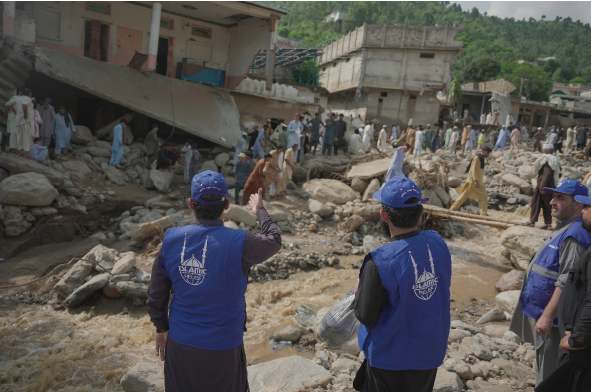
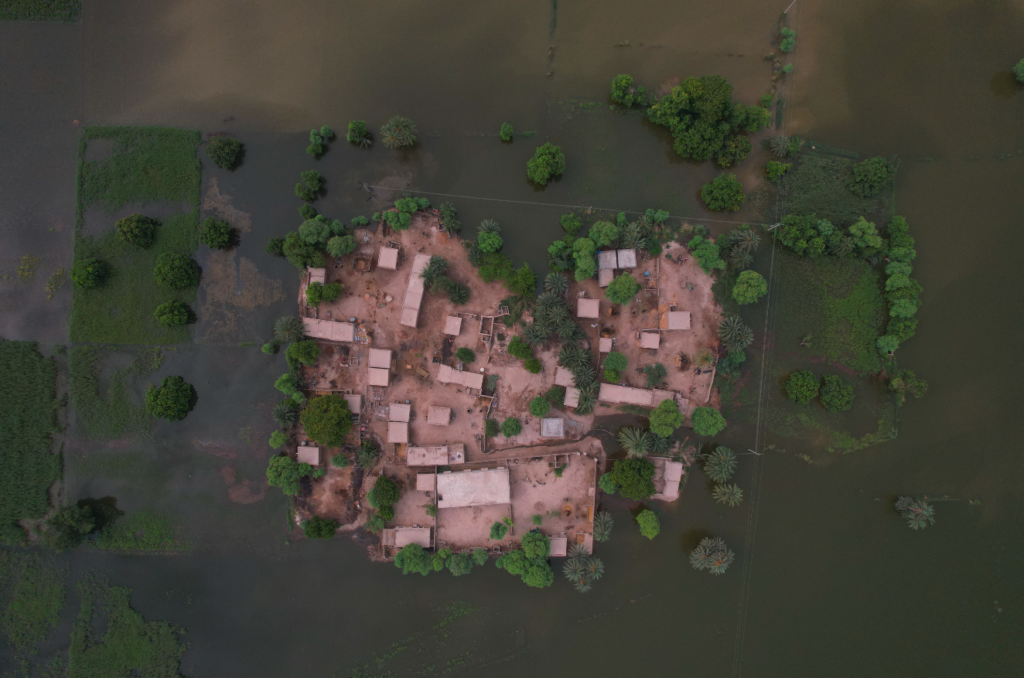
Islamic Relief has been operating in Pakistan for more than 30 years, providing both immediate humanitarian relief and long-term development support.
Our teams mobilised within 36 hours of the flooding, reaching remote mountainous areas where access is severely limited.
Working in coordination with government authorities and humanitarian partners, Islamic Relief is:
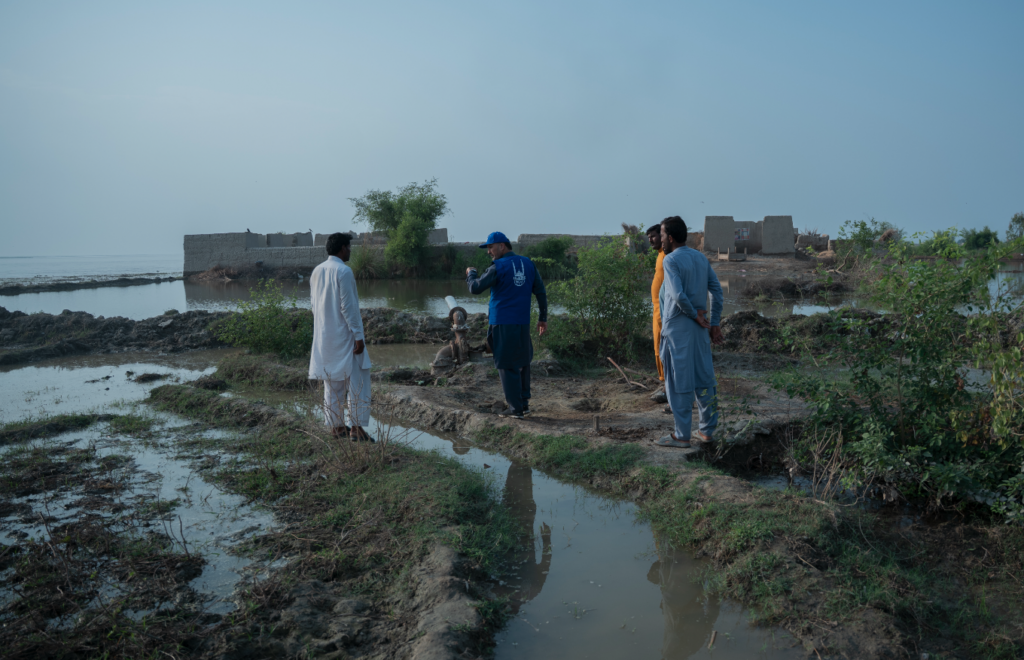
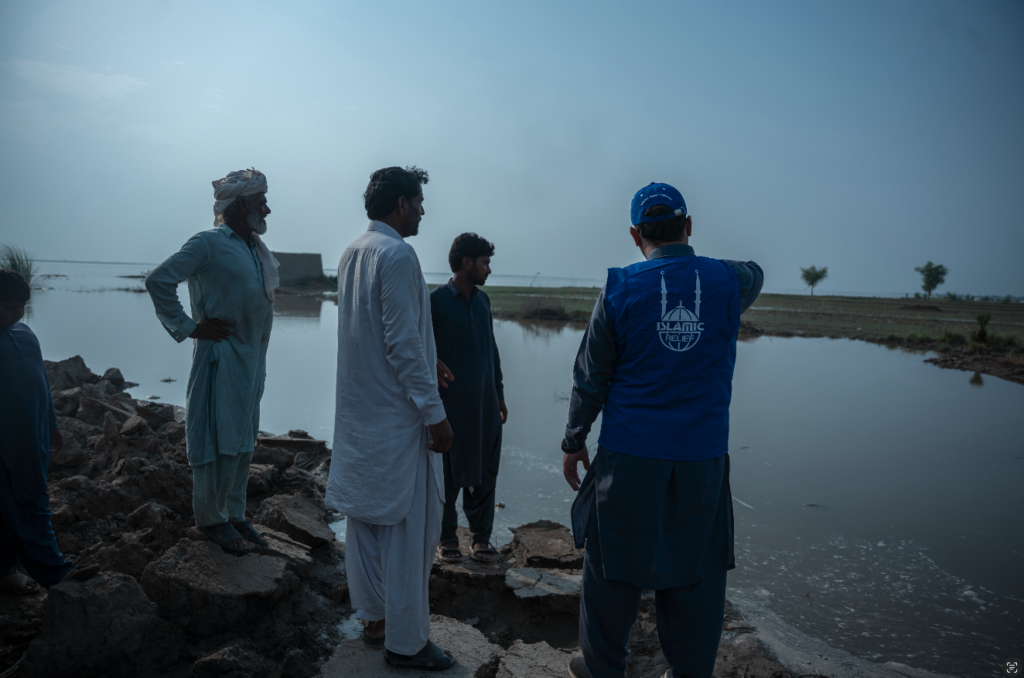
Based on initial assessments, Islamic Relief aims to reach 15,000 families – approximately 100,000 individuals – with immediate life-saving assistance.
Our response plan includes:
Emergency Phase (0–3 months): Focused on saving lives through food, shelter, medical care, and water.
Recovery and Rehabilitation (12–18 months): Supporting communities to rebuild homes, restore livelihoods, and regain stability.
Long-Term Development: Addressing climate resilience, disaster preparedness, and sustainable livelihoods to reduce future vulnerability.
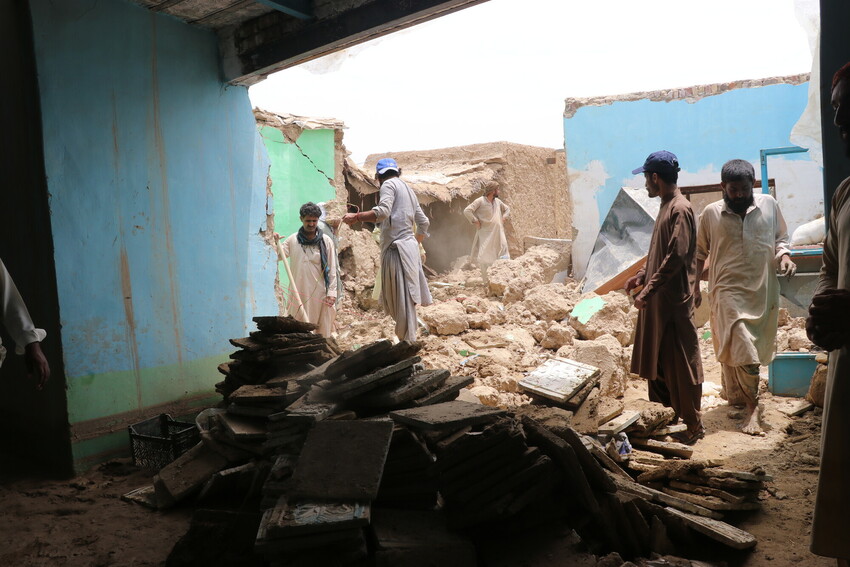
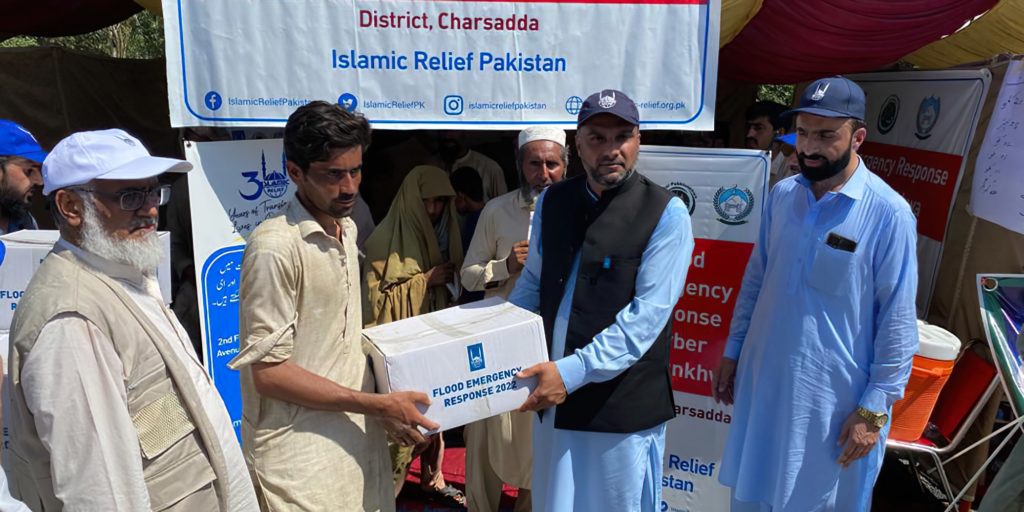
In 2022, Pakistan experienced extremely heavy rainfall, resulting in catastrophic flash flooding across the country.
Almost 1,000 people tragically lost their lives, and approximately 1,300 people were injured. Over 95,350 homes perished.
Furthermore, in the hardest hit areas of Balochistan, Sindh, Khyber Pakhtunkhwa, and Punjab, especially, over 34,000 homes and tens of thousands of livestock perished.
In turn, across all regions, thousands of vulnerable people faced internal displacement, made worse by 977 km of road infrastructure and 61 bridges being destroyed by the floods.
In response, Islamic Relief provided cash grants to 3,000 families in 3 regions of Balochistan. These funds were used by families to buy essential items, including food, water, shelter, hygiene items, medical aid, and bedding.
Our teams also focused on helping communities recover from the disaster as quickly as possible to ensure that vulnerable people do not continue to suffer the terrifying impact of the flash floods.

Islamic Relief has mobilised within 36 hours, reaching remote mountainous areas in Pakistan where access is severely limited